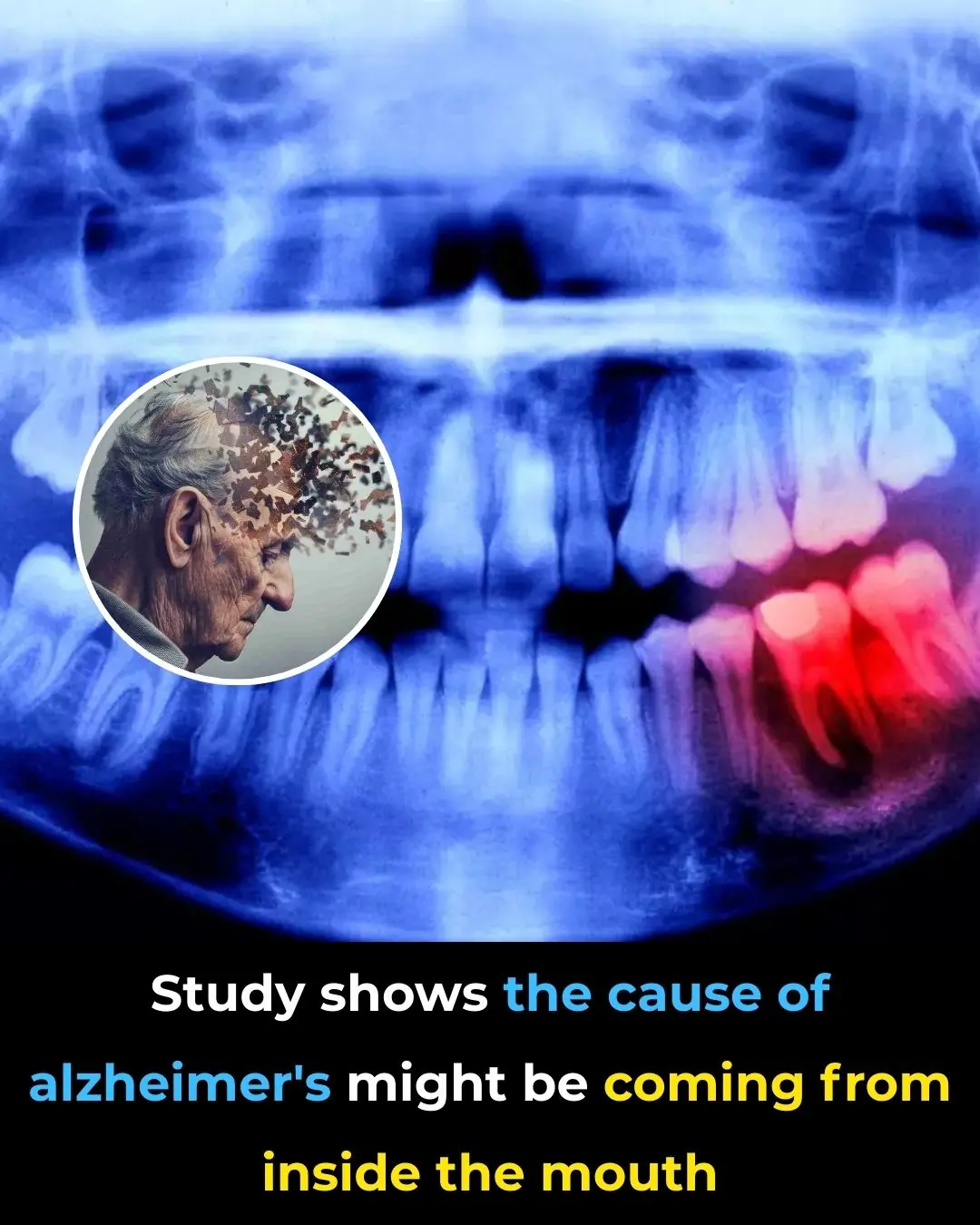
Why Are 80% of People Magnesium Deficient? The Answer Will Surprise You

Magnesium is an essential mineral that plays a key role in our health. It supports numerous bodily functions, including sleep regulation and muscle recovery. Despite its importance, many individuals in the United States suffer from magnesium deficiency. Here's everything you need to know about magnesium, the signs of magnesium deficiency, and how to maintain healthy levels.
What is Magnesium and Why Is It So Important?
Magnesium is not only a mineral but also an important electrolyte. It occurs naturally in many foods and can also be added to some fortified products. This mineral is crucial for the proper function of our body's systems.
Magnesium acts as a cofactor for over 300 enzyme systems, influencing a wide range of chemical reactions in our body. These include muscle and nerve function, protein synthesis, blood glucose regulation, energy production, and blood pressure control. Magnesium is involved in DNA synthesis, the formation of antioxidants, and the transport of calcium and potassium across cell membranes, which helps our hearts maintain a regular rhythm.
Where Is Magnesium Stored in the Body?
The majority of the magnesium in our bodies is stored in the bones and soft tissues, with very little remaining in the bloodstream. Normal blood magnesium levels (serum magnesium) typically fall between 0.75 and 0.95 millimoles per liter. If your levels fall below 0.75, you may be experiencing hypomagnesemia or magnesium deficiency. While blood tests can measure magnesium levels, they don't necessarily reflect the amount of magnesium stored in the cells, so determining magnesium status can be difficult. Other tests, like saliva and urine tests, are also available but are not considered entirely reliable.
For adults, the recommended daily intake of magnesium ranges from 400mg to 420mg for men, depending on their age, and 310mg to 320mg for women. Pregnant women require slightly higher amounts, ranging from 360mg to 400mg. Lactating women also have increased needs, from 310mg to 360mg.
Signs of Magnesium Deficiency
Several factors can lead to magnesium deficiency, including poor diet, chronic illnesses, alcohol abuse, medications, and gastrointestinal issues like diarrhea. Common signs and symptoms of magnesium deficiency include:
-
Mild tremors
-
General weakness
-
Heart problems
-
High blood pressure
-
Irregular heartbeat
-
Asthma
-
Osteoporosis
-
Mental health issues
-
Muscle cramps and spasms
Magnesium deficiency is observed in approximately 2% of the general population, but the rates are higher in hospitalized patients (10%-20%) and in individuals with diabetes (25%). In intensive care settings, deficiency can affect 50%-60% of patients, and alcohol abuse can lead to deficiency in 30%-80% of cases. Research also suggests that 10% to 30% of the population in developed countries are magnesium deficient. These numbers tend to rise in postmenopausal women.
Foods Rich in Magnesium
Fortunately, magnesium is present in many common foods. Here is a list of magnesium-rich foods:
-
Pumpkin seeds (raw or roasted)
-
Chia seeds
-
Dry roasted almonds
-
Spinach
-
Dry roasted cashews
-
Shredded wheat cereal
-
Soy milk
-
Black beans
-
Edamame
-
Peanuts and peanut butter
-
Potatoes
-
Brown rice
-
Yogurt
-
Oatmeal
-
Fortified cereals
-
Kidney beans
-
Bananas
-
Atlantic salmon
-
Milk
-
Halibut
-
Raisins
-
Whole wheat bread
-
Avocados
-
Chicken breast
-
Lean ground beef
-
Broccoli
-
Apples
-
Carrots
In addition to these foods, magnesium supplements are widely available in forms such as magnesium citrate, oxide, chloride, and glycinate. These supplements come in various formats, including powders, liquids, and tablets. Before starting any new supplement, it is important to consult with your healthcare provider, especially if you are taking medications or other supplements.
Conclusion
Magnesium is vital for overall health, influencing a range of body functions from muscle relaxation to energy production. Regular intake of magnesium-rich foods can help prevent deficiency and support your body's well-being. If you're concerned about your magnesium levels, consider consulting a healthcare provider for advice and potentially incorporating magnesium supplements into your routine
News in the same category


5 Most Common Deathbed Regrets, According to Palliative Care Nurse

Foods that can ease swelling in hands and feet

Canadian researchers discover new evidence that vitamin D shuts down cancer cells

The Benefits of Holy Basil (Tulsi) for Better Oral Health

The Kitchen Onion Trick That Reboots Tired Eyes in 5 Days: A Natural Routine Big Optometry Never Talks About

Nuts After 40: The Tiny Powerhouses That Can Add Years to Your Life (or Steal Them Away)

Avocado Seed and Clove: A Powerful Combination to Revitalize Your Body Naturally
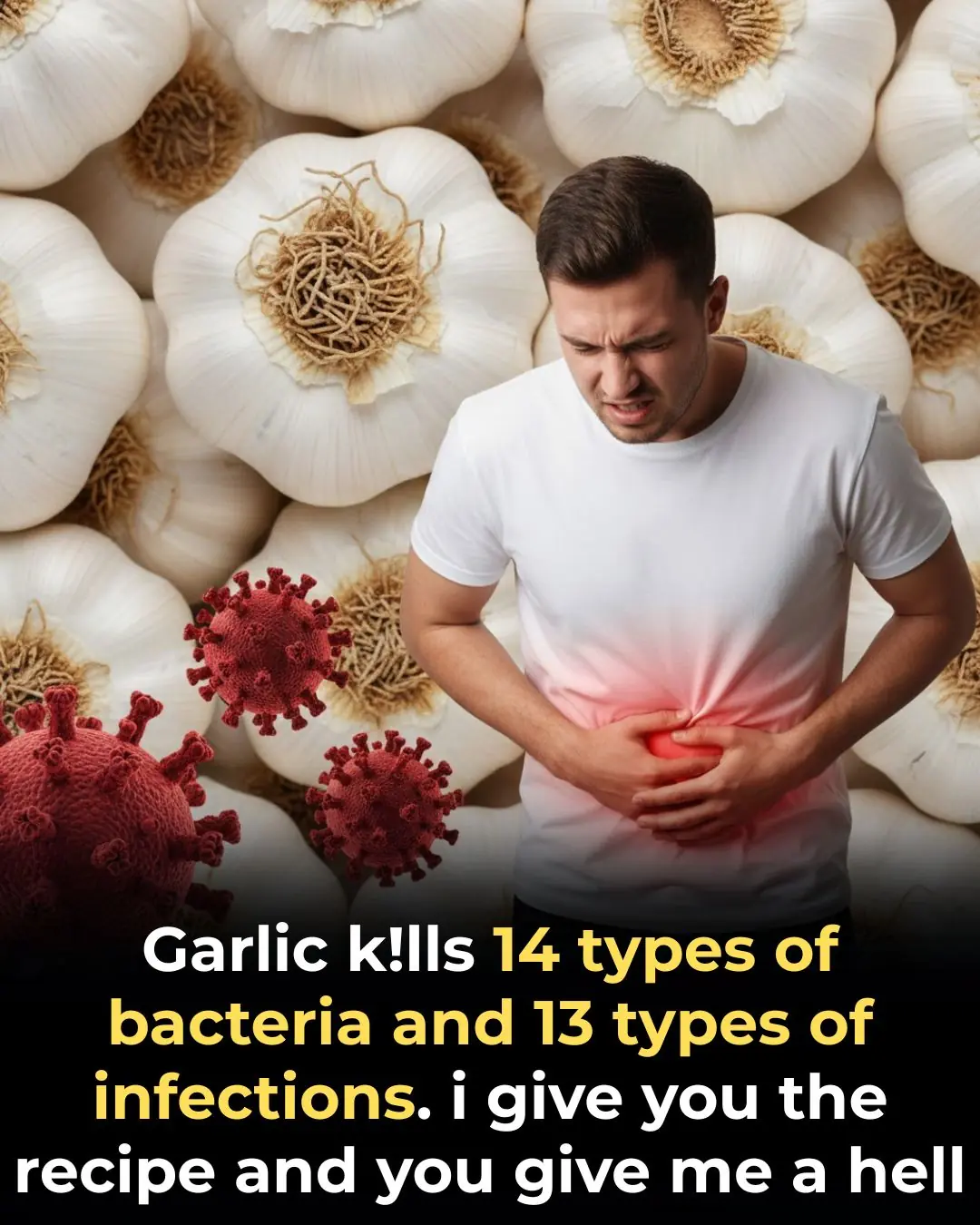
Garlic to Fight Bacteria and Infections: The Most Powerful Natural Antibiotic

What you should know when your urine is foamy.

Top 5 Veggies to Detox Your Arteries and Prevent Heart Attacks!

Discover the miracle drink that helps seniors rebuild knee cartilage quickly
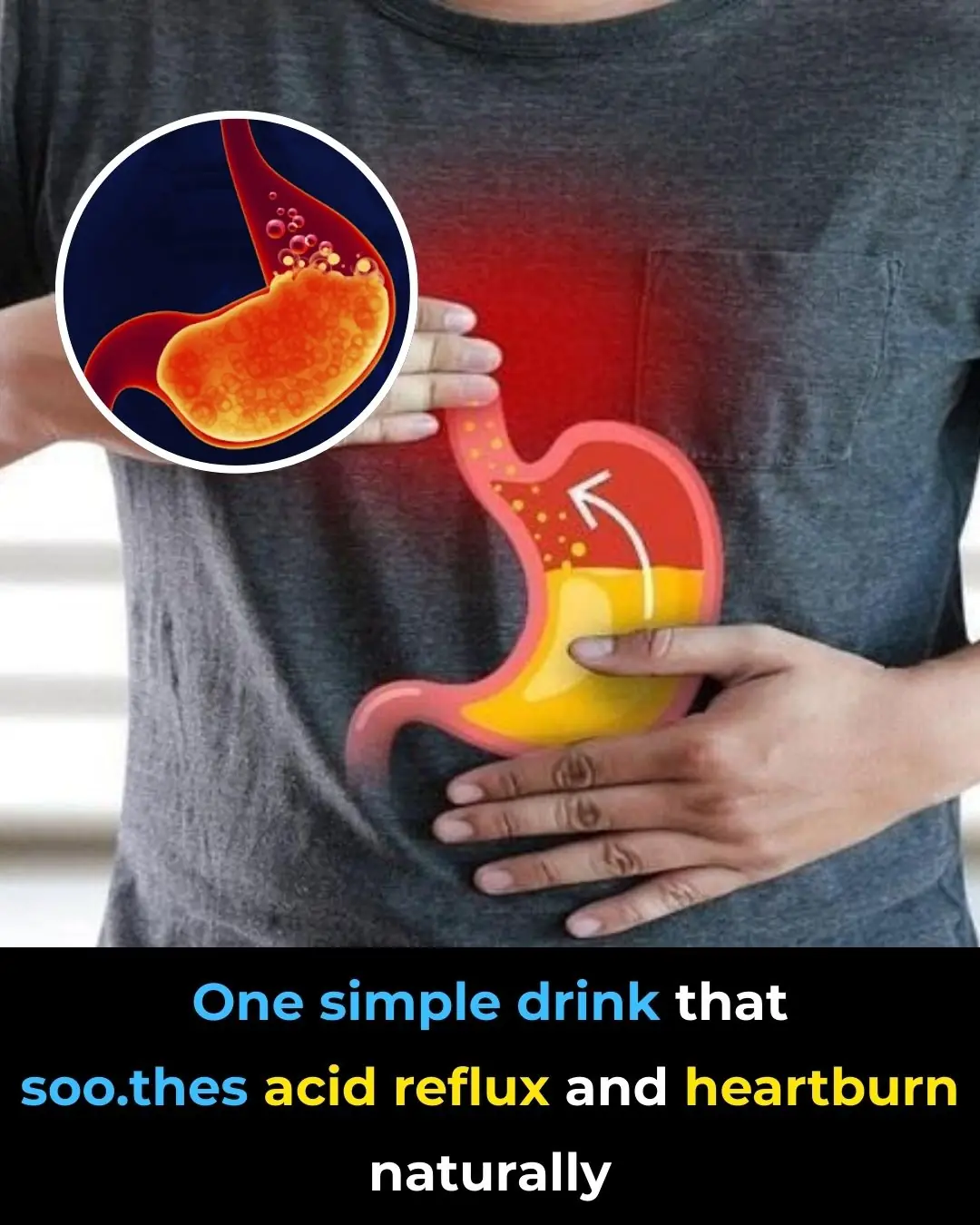
This drink helps reduce gastroesophageal reflux and heartburn effectively
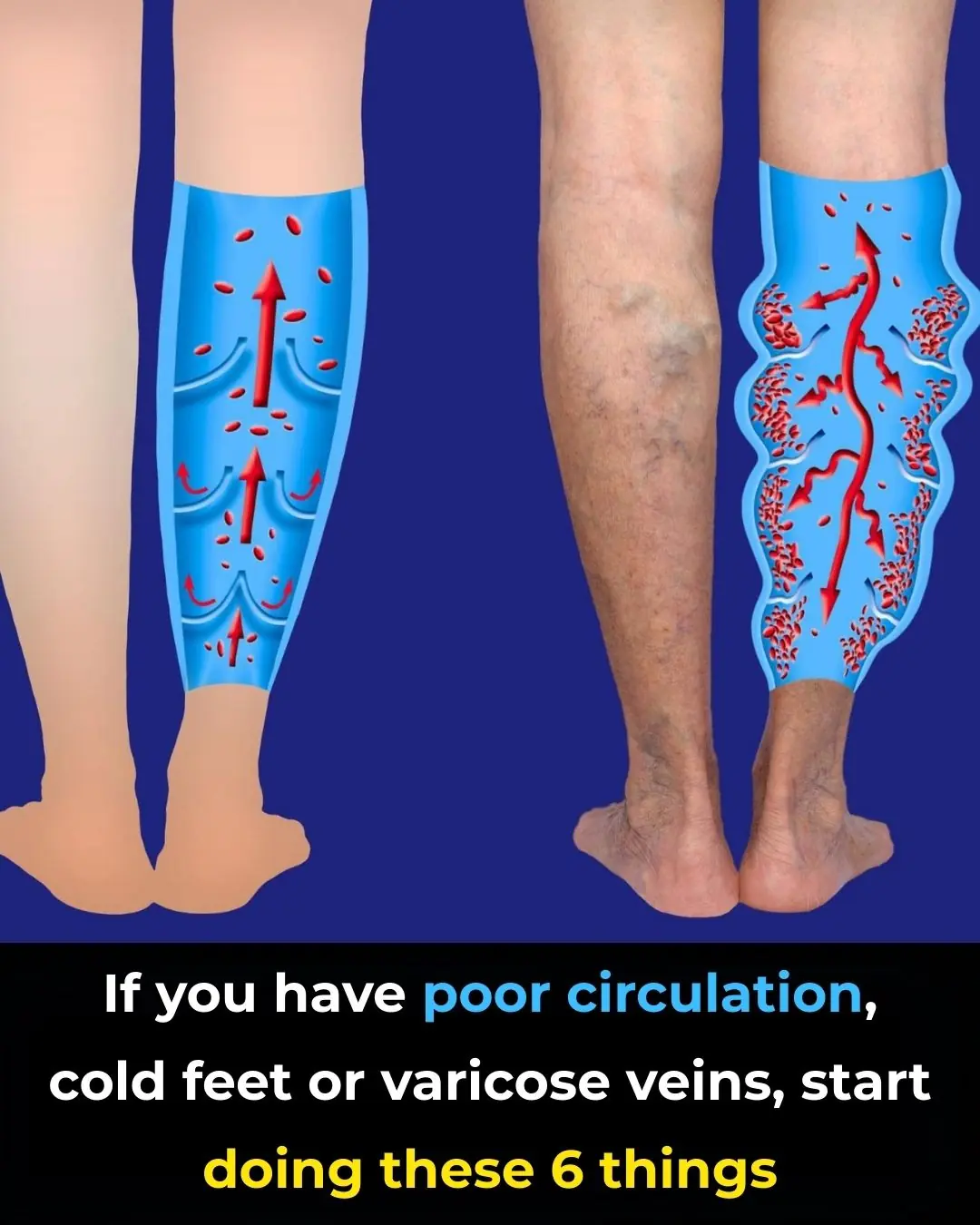
Simple Ways to Improve Circulation

Small but Mighty: The Magic of Clove and Goron Tula Water

Old Doctor’s Secret: Combine Dates and Papaya to Tackle These 10 Health Problems

Why So Many People Are Choosing Natural Ingredients for Skincare

The Breuss 42-Day Juice Therapy: An Evidence-Based Look at a Controversial Regimen
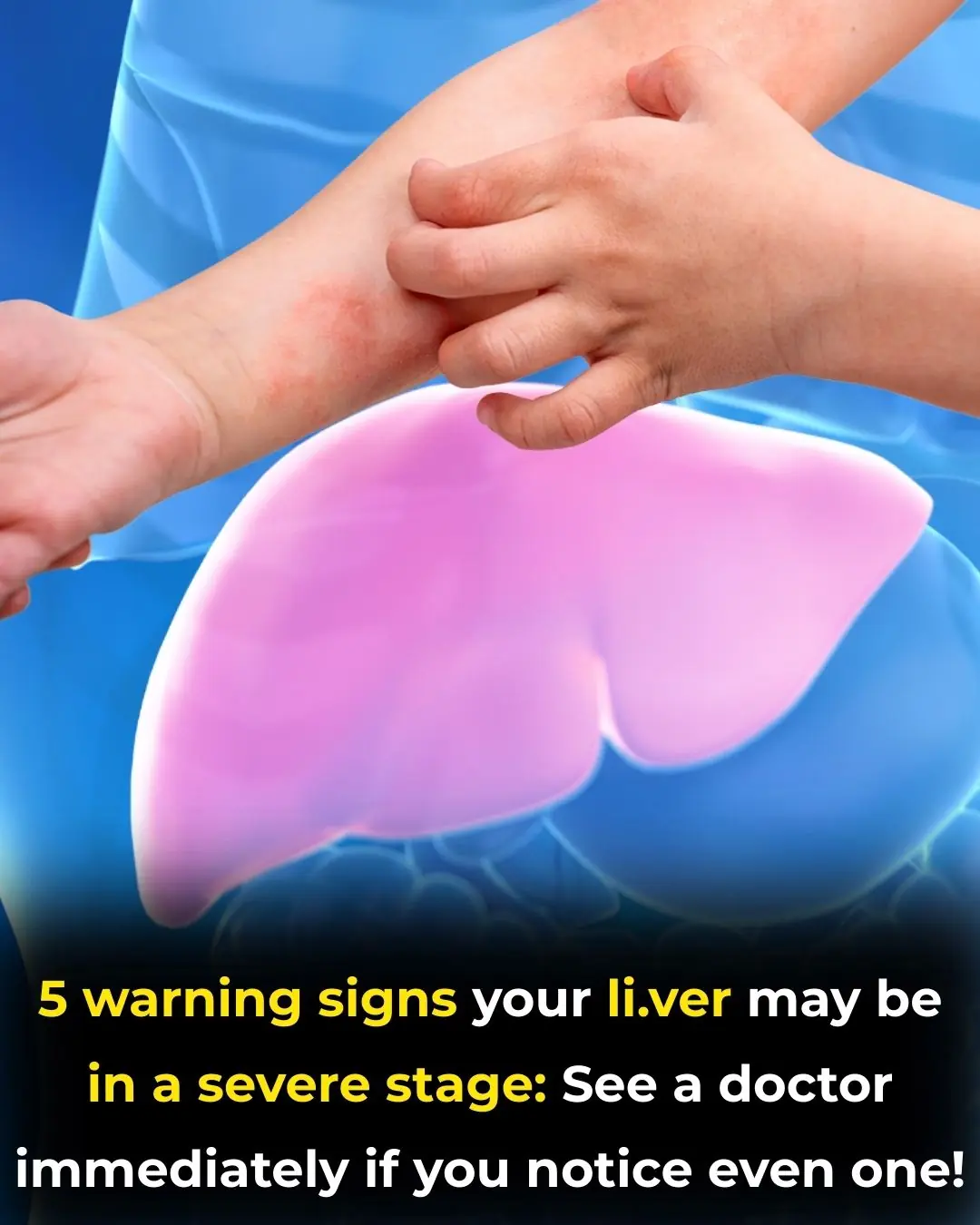
That Nagging Symptom You Keep Ignoring? Your Body Is Trying to Tell You Something.

10 Bizarre Home Remedies
News Post

Boy Slaps Girl at Starbucks – Her Dad’s Response Went Viral

Woman Attacks Homeless Man — Loses City 5,000 Jobs

Some of the Benefits of Castor Leaves and the Seed

Goldenberries (Physalis peruviana): A Nutrient-Packed Powerhouse for Health and Vision

Wild Lettuce Extract – Natural Pain Medicine

🌿 Miracle Leaf for Wellness: Why Bryophyllum Calycinum (Kalanchoe Pinnata) Is Gaining Attention

🌿 Mint: The Cooling Herb with Surprising Health Benefits & Everyday Uses 🍃

🌿 Dandelion Tea: The Gentle Herbal Secret for Daily Wellness

Emma Attacks Teen Worker—His Uncle Owns 200 Stores

She Dumped Trash On Janitor… Then He Revealed His True Identity

The science behind why your body jerks when you fall asleep

The cause of Alzheimer’s may lie within your mouth

5 Most Common Deathbed Regrets, According to Palliative Care Nurse

Foods that can ease swelling in hands and feet

Canadian researchers discover new evidence that vitamin D shuts down cancer cells

When I found out my ex-wife had married a working-class man, I went to the wedding to mock her. As soon as I saw the groom, I came back and burst into tears of grief.

Basketball Star Slaps Girl—Her Twin’s Reaction Shocks Everyone

🌿 Unlock Nature’s Hidden Remedy: The Gentle Power of Castor Leaves
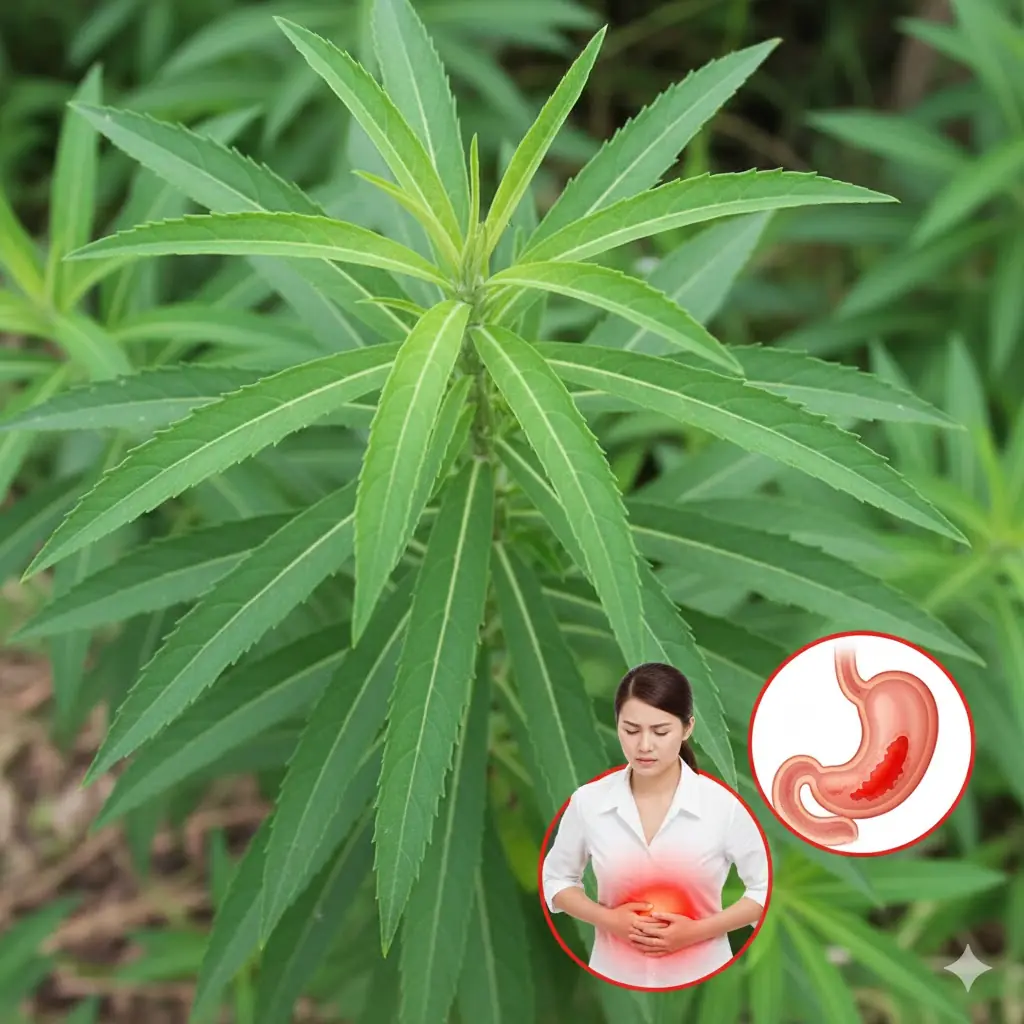
Horseweed (Erigeron canadensis): 20 Amazing Benefits and How to Use It
